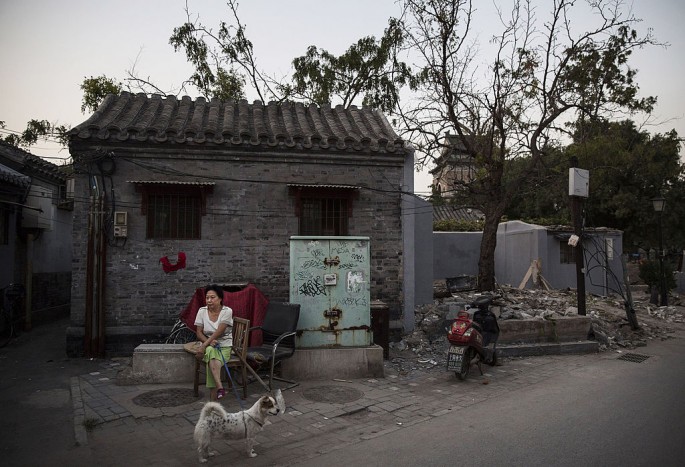In its bid to clean its streets of unsafe and unstable buildings, Beijing is demolishing ancient hutong houses. The migrant workers that live in them feel more targeted by the local government, Channel News Asia reported.
Hundreds of hutongs have been demolished since Beijing started its campaign in April last year. Shopfronts in original facades have been torn down. In addition, Beijing has stopped issuing and renewing new commercial licenses.
This has resulted in the massive closing down of tiny local businesses. Other establishments were forced to relocate. Residents, owners and those who frequent these narrow alleyways feel an important part of Beijing’s identity is being erased.
“The most appealing part of Beijing is about to disappear,” Titi, who runs a clothing store in Fangjia hutong, told Channel News Asia.
Beijing has given residents and shop owners five to 15 days to sort out unapproved constructions before mandatory demolition.
However, others bemoan that the allotted time given by the local government is not enough to relocate their businesses or fully stop operations.
“I am not against government policy, but you (the authorities) have to give us some time to take care of our business,” one business owner said.
It’s not the first time Beijing’s hutongs have been targeted by the local government as part of a clean-up drive. These historic buildings, which have flourished since the late 1980s, have already suffered a beating when the capital destroyed over a thousand properties in hutongs prior to the 2008 Beijing Olympics.
Other hutongs, instead of being demolished, were gentrified, much to the dismay of locals and admirers alike.
The new clean-up drive is aimed at illegal constructions. Sadly, these buildings form a majority in all of Beijing’s’ existing hutongs. More importantly, these hutong properties are leased out to migrant workers.
“There is no single high-rise building that was not built by migrant workers,” An, a construction worker and migrant, told Channel News Asia. “Now the city doesn’t need us to do more buildings, so we are being kicked out.”



























